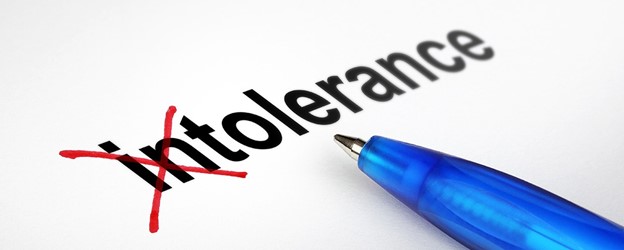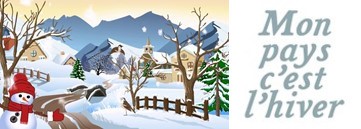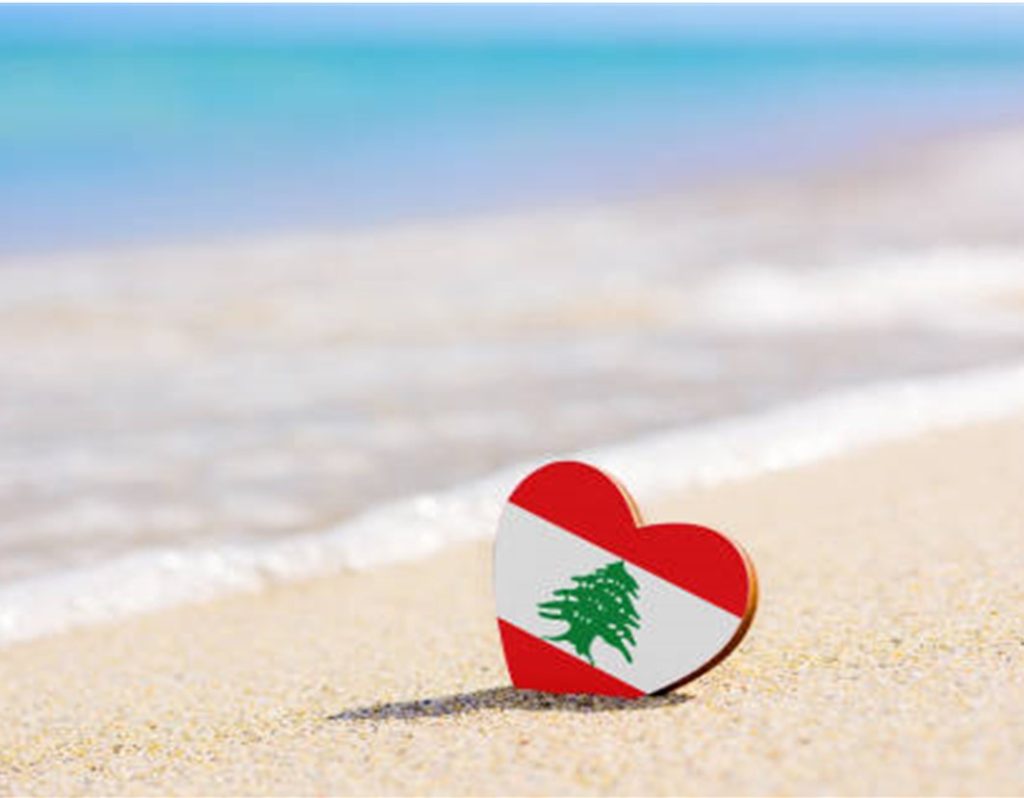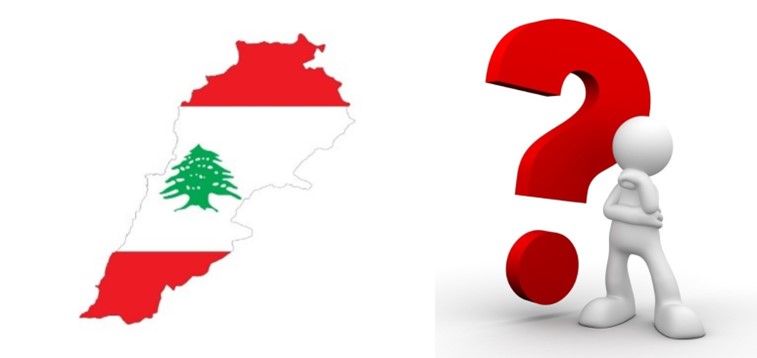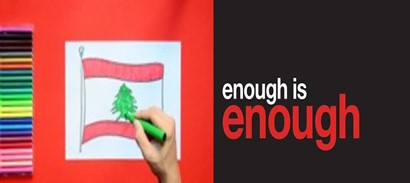
It is not a secret to anyone: Bambi dislikes wars. Her heart aches to the suffering of innocents in any armed conflict, anywhere in the world, and on any side.
When it comes to the Middle East, her heart remains deeply saddened by both the human tragedy of October 7 2023 and by the fiasco of the cruel resulting war in Gaza. Too many people lost their lives. For what? Is it worth it? Already life is too short, why do human beings insist on making it even shorter?
And what can she say about a related big tragedy still unfolding in, and threatening, her birth country? Does any country or any protester truly care or even virtue signal about it?
Regardless of all the above, Ms. Yuval Raphael’s performance at Eurovision a few months ago remains timely. Indeed, the extremism of Islamism remains a public threat in the region—and by extension in the world—Same for the unmeasured, atrocious war acts, whether they are called genocidal or not.
Bearing the above in mind, Ms. Raphael sung for what our world needs the most: healing. She went from a (young) victim to survivor to thriver, rising above October 7th’s crime against the entire humanity, not just innocent people of her country. For those interested in her story, they can find it on YouTube. Bambi took the time to listen to it in the past. It is a story of paternal love as much as human cruelty. Indeed, her dad literally saved her life, and the lives of others hiding with her, bless his heart for his efficacy.
In English, in some French, and a short sentence in her mother tongue, her song is a message of hope with a new dawn. It is a call for action to create beauty out of healing from suffering. It is a transformation of pain into musical art. Universally, we can all identify with her pain, if we want to, whether we have sympathy for the government of her country or not. Her beautiful song is a bridge to shared humanity in our divided world, reflected in the politics over Eurovision competition.




